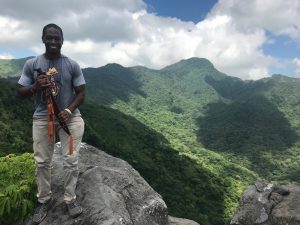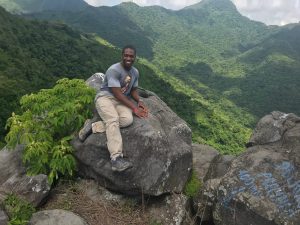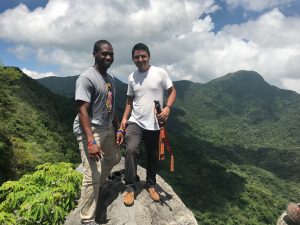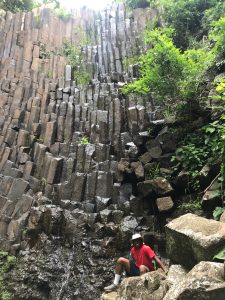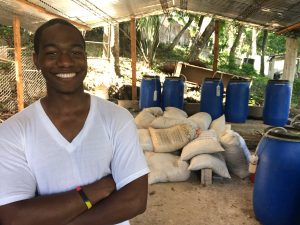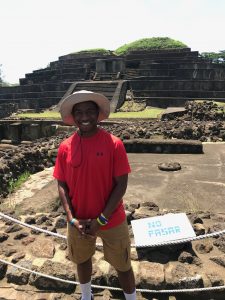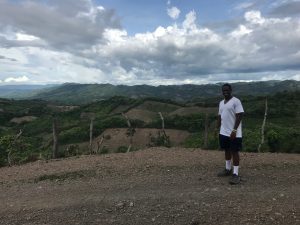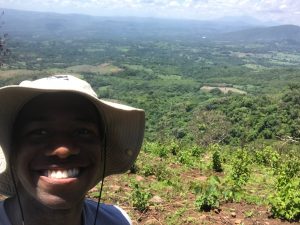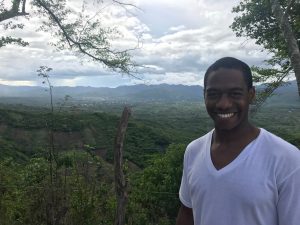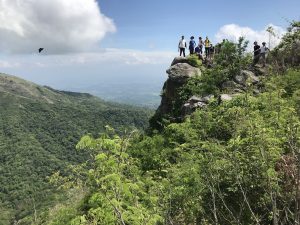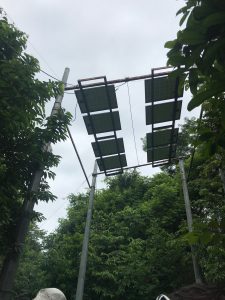“CoCoDA is a lifestyle,” said one of the Latin American employees in the annual organization board meeting, while I was in El Salvador. Later in the meeting, he said, “CoCoDA is a tool,” for the communities we work with. Those statements essentially wrap up how immersive, transformative, and intentional community development in Central America is for the people who devote their careers to the mission of this organization.
As a person who spends much of the day theorizing how to fight for equality, the CoCoDA Board meeting was an oddly unfamiliar environment. Before traveling to Central American communities, I watched the Board of CoCoDA evaluate its position and discuss next steps in lieu of its past. This resonated with me because I was watching a large team of people brainstorm ideas to actually help real people. Part of CoCoDA’s model is to partner with NGO’s in the countries they work with. Even more impactful than seeing CoCoDA work was seeing an NGO in El Salvador operate. I saw innovative composting bins, iguanas that were being raised to supply supplemental protein, a greenhouse to grow vegetables and fruit, and a private news radio station on the same day that I saw the same organization hosting an event where hundreds of men who fought in the Civil War almost 30 years ago would tell their stories. I thought working on the team that is in the U.S. and has the most power made me the biggest helper. This experience complicated that conception because I realized crafting a direct connection with target communities is not only a suggested and time-consuming activity, but it is imperative to help the communities fulfill their dreams and seriously engage in the continual struggle of community development.
I also consider myself deeply involved in my faith and capable of identifying malice in my own intentions. My experiences in Central America have shown me that I am a privileged fellow who has profited from injustice. The United States funded wars and still funds government corruption. This is no secret in El Salvador and Nicaragua. In the U.S., however, our understanding is that Central America is having trouble ousting its systemic corruption. I heard story after story and fact after fact that undermined this fallacy. These truths undermined my foundation of religious understanding and premise for justice. How could I as a person from the U.S. who puts my faith into action excuse myself as someone less than a bystander to these continuing histories and issues?
These experiences move me to feel guilt and pity. Upon reflection, I realize those feelings are meaningless. They turn into a drive to fight for justice. But it’s not just a drive. It’s a commitment. Obstacles surely come. This organization has grinded through the worst of them and expects more in the future. Meanwhile, they also expect to continue working with Central American communities, if CoCoDA is still wanted. If this is the case, the communities decide not only what schools they want to build, water projects they want installed, or how many people they can send to college but also how they want CoCoDA to help. All of this seemed glamorous until I realized successfully completing one project inevitably leads to other problems. For example, building a school does not guarantee having teachers or all the proper materials to teach. Seeing fruit of this organization labor with Central American communities as they develop themselves is a demonstration of struggle and companionship that each experience differently.
The purpose of my internship was to evaluate dysfunctional residential solar panel systems (that a domestic company installed about 10 years ago) in a rural, indigenous community in El Cacao, Nicaragua. When I returned to the U.S. after 16 days in Central America (and 3 days of working with solar panel systems), I researched how components of solar systems work and what causes their failures. I wrote a report and prepared a presentation that CoCoDA will use to explain why their systems are failing and options they can pick from to install a more sustainable plan for their solar systems. This was the easy part because limited human interaction in community development is always the quickest way to complete projects. Thankfully, CoCoDA has spent more than a year collaborating with the community of El Cacao and its elected board to ensure they wanted an intern to evaluate their systems; this is the second project in five years with this community. Therefore, I consider my short-term incomplete service of a couple months complete because it is only one small part in a long-term effort that extends far beyond this one project.
